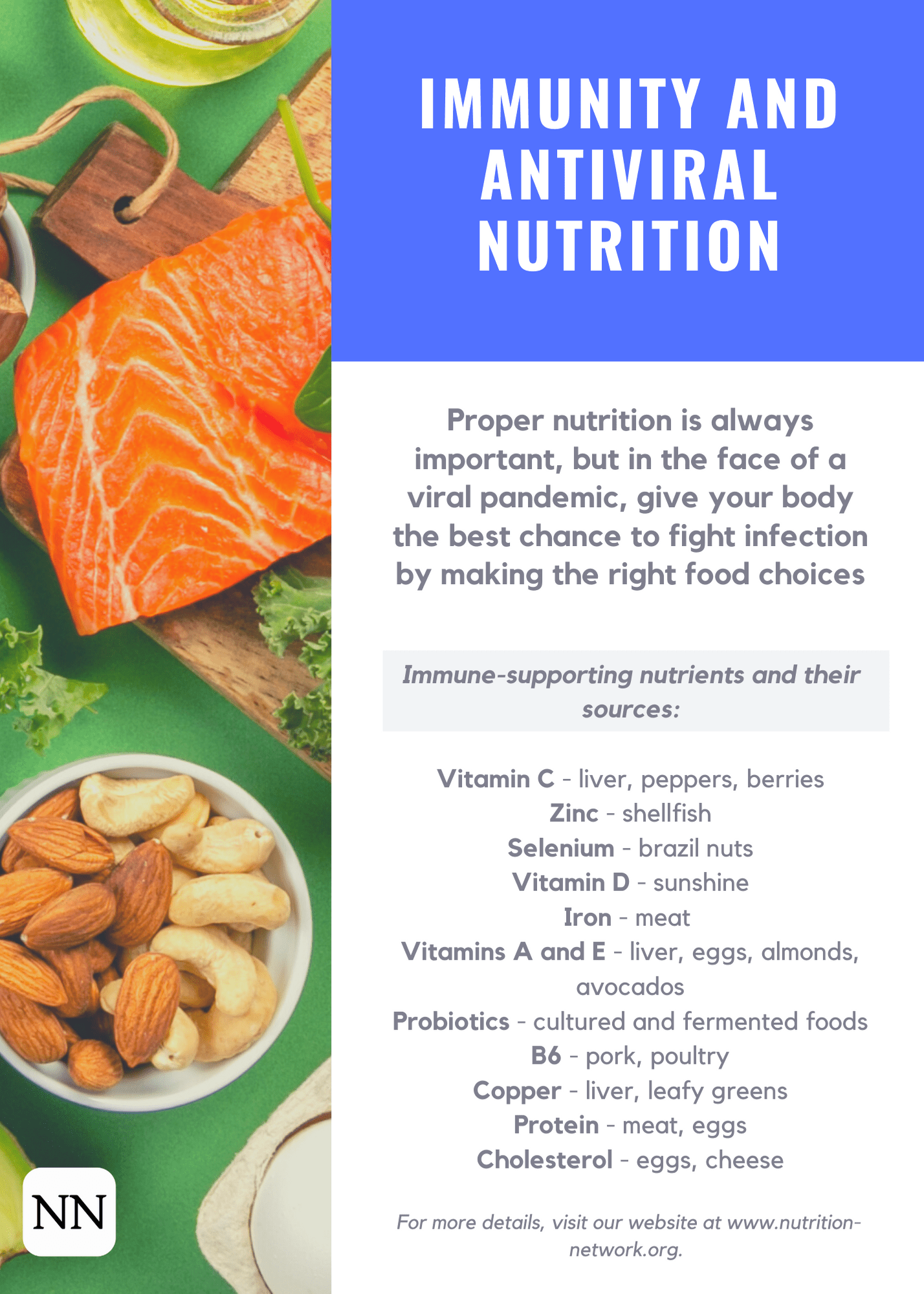
– Tamzyn Murphy, MSc (Dist) Registered Dietitian
LDL cholesterol has a bad rap as it is always around at the site of injury. But evidence shows that its presence may be more like firefighters at the site of a fire – there to put out the fire rather than the cause of it.
Lab studies (in test tubes and rodents) show that various pathogens are bound and inactivated by LDL cholesterol. In these studies, infected rodents with higher blood cholesterol concentrations also had less chance of dying than those with lower cholesterol levels. Epidemiological (population) studies looking at hundreds of thousands of individuals, support these findings, showing those with higher cholesterol had lower hospital admissions and deaths due to infectious diseases (specifically including respiratory diseases, pneumonia and influenza).
A study in men showed that individuals with higher cholesterol concentrations had more immune cells (lymphocytes, total T cells, helper T-cells and CD8+ cells) and signs of better immune system function and deployment (adhesiveness, phagocytic activity, motility).
Genetic conditions support the idea that cholesterol is protective against infection. Children born with an inborn error of metabolism (mith-Lemli-Opitz syndrome) resulting in low total cholesterol concentrations, have severe infections, and supplementation with dietary cholesterol helps reduce the severity and frequency of infections in these children. Conversely, people born with familial hypercholesterolaemia (genetically high cholesterol) appeared to be at lower risk of dying before the 1960s, due to a more evolutionarily appropriate diet combined with a reduced propensity for infection.
While concern remains around high total and LDL cholesterol concentrations and heart disease, much evidence disputes this relationship and even finds the opposite. Some also show that higher total and LDL cholesterol may be linked to a lower chance of dying and a longer life, particularly in the elderly (see tables 1 and 2 in the reference cited below).
So, amidst the corona-virus worries, don’t stress about your high cholesterol. Rather focus on eating immune-supporting nutrients from a whole, real food-based diet. Proper nutrition ensures that your immune system has all the building blocks it needs to move, deploy, fight, and defeat the infection.
Immune cells and their weapons are primarily made from protein, so getting sufficient protein from high-quality animal sources is key. These include meat, fish, poultry, organ meats and eggs. These foods are also rich sources of other nutrients that are essential to healthy immune system function, including cholesterol, iron and vitamin B6 (mainly from meats), selenium and zinc (mainly from seafood), and Vitamin C and A (mainly from liver, as well as peppers and citrus fruit). Vitamin D3 – made by the skin from cholesterol and sunshine – is also essential for a proper immune system function. So ensure you get 20 minutes of summer sun each day or supplement.
Probiotics from fermented foods such as yoghurts, kefir, and sauerkraut also promote healthy immune function. Eat as much real, whole food as possible to stock up on these immune-supporting nutrients, while avoiding pro-inflammatory processed foods like added sugar and seed oils to prevent your immune system from malfunctioning.
Finally, keep washing your hands and fresh produce well, and don’t invite too many people over for dinner!
Reference:
Ravnskov U. High cholesterol may protect against infections and atherosclerosis. QJM: An International Journal of Medicine. Dec 2003; 96(12):927–934. https://doi.org/10.1093/qjmed/hcg150

